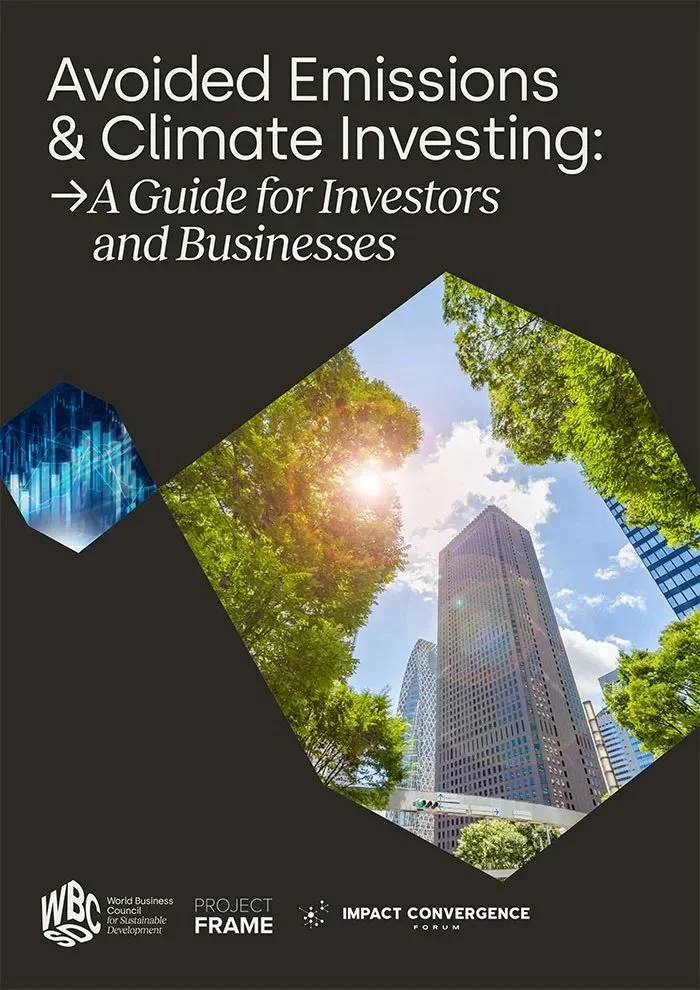Avoided Emissions & Climate Investing: A Guide for Investors and Businesses
Project Frame is proud to announce the release of Avoided Emissions & Climate Investing: A Guide for Investors and Businesses.
This groundbreaking guide provides a clear and comprehensive framework for navigating existing methodological approaches for assessing forward-looking climate impacts and reporting avoided emissions, and represents a pivotal step forward in the fight against climate change.
About the Guide
Avoided Emissions & Climate Investing: A Guide for Investors and Businesses introduces Project Frame’s and WBCSD’s robust methodologies for measuring forward-looking emissions assessment and reporting avoided emissions, or the crucial, positive impact that a company's low-carbon products and services have on the wider world. You will find in-depth analysis of points of convergence and divergence, and practical use-cases of the two methodologies, providing clarity on how and when to use each methodology across asset classes, stages, solution types, and more.
Beyond the comparative analysis between the methodologies, Impact Convergence Forum, a recently-formed growth equity collaborative, provided three case studies to further showcase the approaches in action.
Case #1: Nitrogen-Fixing Biological Inoculant for High-Yield Cereal Crop Production
Case #2: Green Hydrogen from Alkaline Electrolysers for Hard-to-Abate Industrial Sectors
Case #3: Grid-Balancing Support and Renewable Energy Production in the UK
For businesses, this guide transforms climate action from a matter of compliance into a strategic opportunity. It provides the tools to innovate, enhance competitive advantage, and clearly communicate the tangible, positive impact of your offerings.
For investors, it delivers the quantifiable evidence needed to identify and confidently channel capital towards the most effective climate solutions, optimizing portfolios for both financial return and profound environmental impact.
This is more than just a report; it is a practical roadmap. Featuring clear recommendations for transparent reporting, this guide is an indispensable tool for those looking to lead the low-carbon transition. By providing a clear, forward-looking approach, it bridges the critical gap between financial investment and real-world economy climate solutions.
About the Development of the Guide
Developed through a year-long, intensive collaboration between Project Frame, convened by Prime Coalition, World Business Council for Sustainable Development, and the Impact Convergence Forum, this resource empowers businesses and investors to move beyond reducing their own carbon footprint and towards actively pursuing systemic decarbonization.
This work is rooted in a collaborative approach, and we leverage the vast expertise of the climate finance and impact measurement fields to build consensus around assessment and reporting best practices. We extend our gratitude to the 2024-2025 Methodology Working Group, which included:
2150, AENU, Allianz Global Investors, APG, Ara Partners, Azolla Ventures, BCG, Blue Earth Capital, Bridges, Carbon 13, Carbon Equity, Ceres, Clean Energy Ventures, Climate Dividends, Climate Investments, Driftwood Climate, Energy Impact Partners, Emerald Technology Ventures, Energy Environment Investments, EQT, Future Energy Ventures, Galvanize Climate, Generate Capital, Generation. Helios LLP, JTNL Advisory, Just Climate, Lightrock, MoreScope, Neuberger Berman, PGGM, Planet A, Prime Coalition, Siemens-Energy, Rho Impact, The Roda Group, Towerbrook, Trill Impact, Vidia Equity, WBCSD, World Fund, Zero Carbon Capital, and Vision Ridge.
We celebrate this open collaboration because it is a testament to the possibilities brought about by collective action and tearing down silos between asset classes and geographies.
About Project Frame
Project Frame is a nonprofit program convened by Prime Coalition, purpose-built to organize investors around forward-looking emissions impact methodology and reporting best practices.
Our mission is to mitigate climate change by demystifying climate investing and improving IMM to drive capital towards the best possible climate solutions while galvanizing a network around transparency, accountability and collaboration.
About the World Business Council for Sustainable Development
The World Business Council for Sustainable Development (WBCSD) is a global network of 250+ leading companies driving sustainability as a key driver of competitiveness.
With their members, WBCSD is transforming systems to deliver a net-zero, nature-positive, and equitable future — creating value for business and society.
About the Impact Convergence Forum
The Impact Convergence Forum for Private Equity (ICF) is a collaborative conversation group of firms with private equity impact strategies seeking to encourage convergence in impact measurement and management practices among LPs & GPs, ensuring high-integrity practice while enabling better decision-making.

